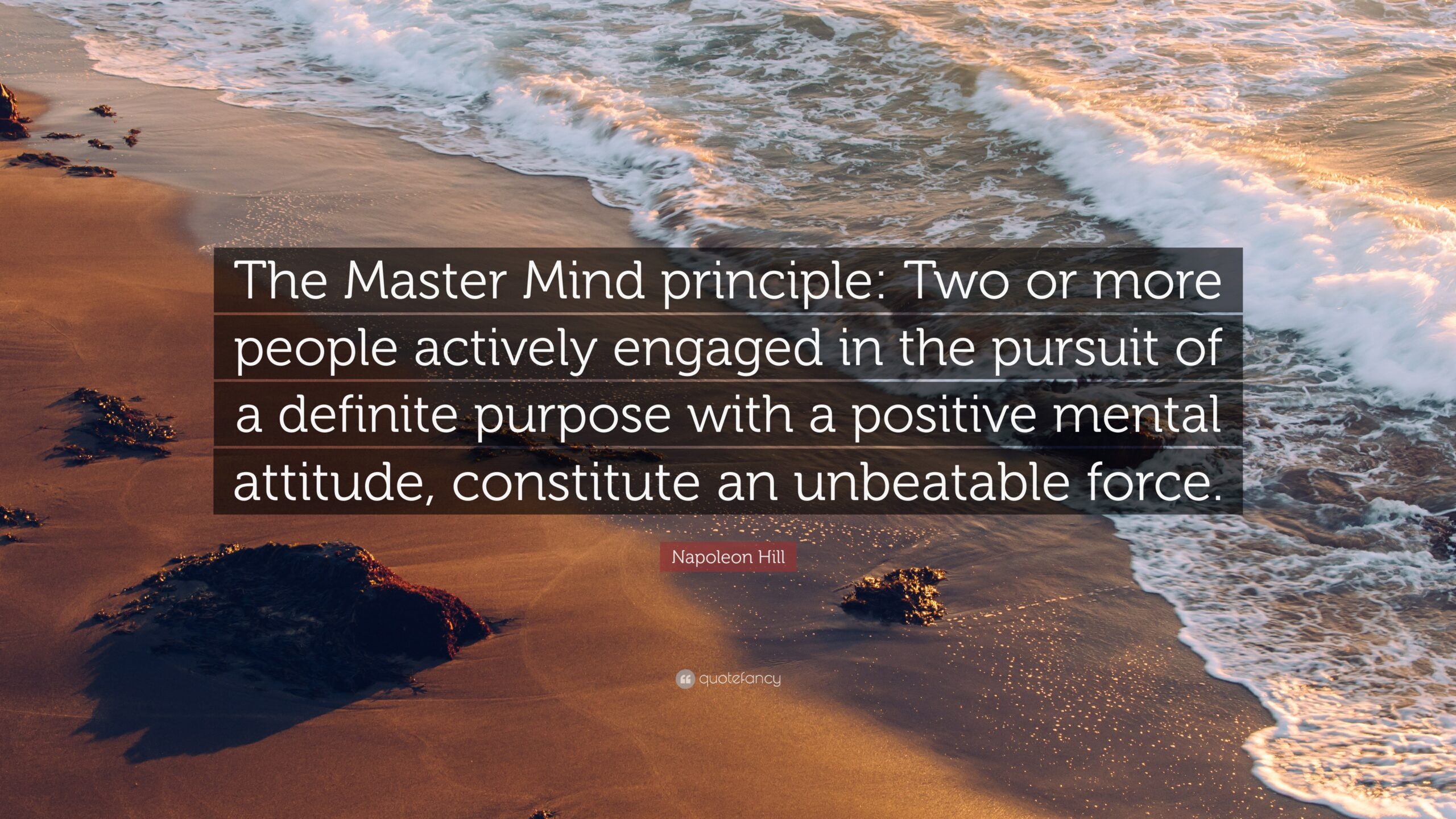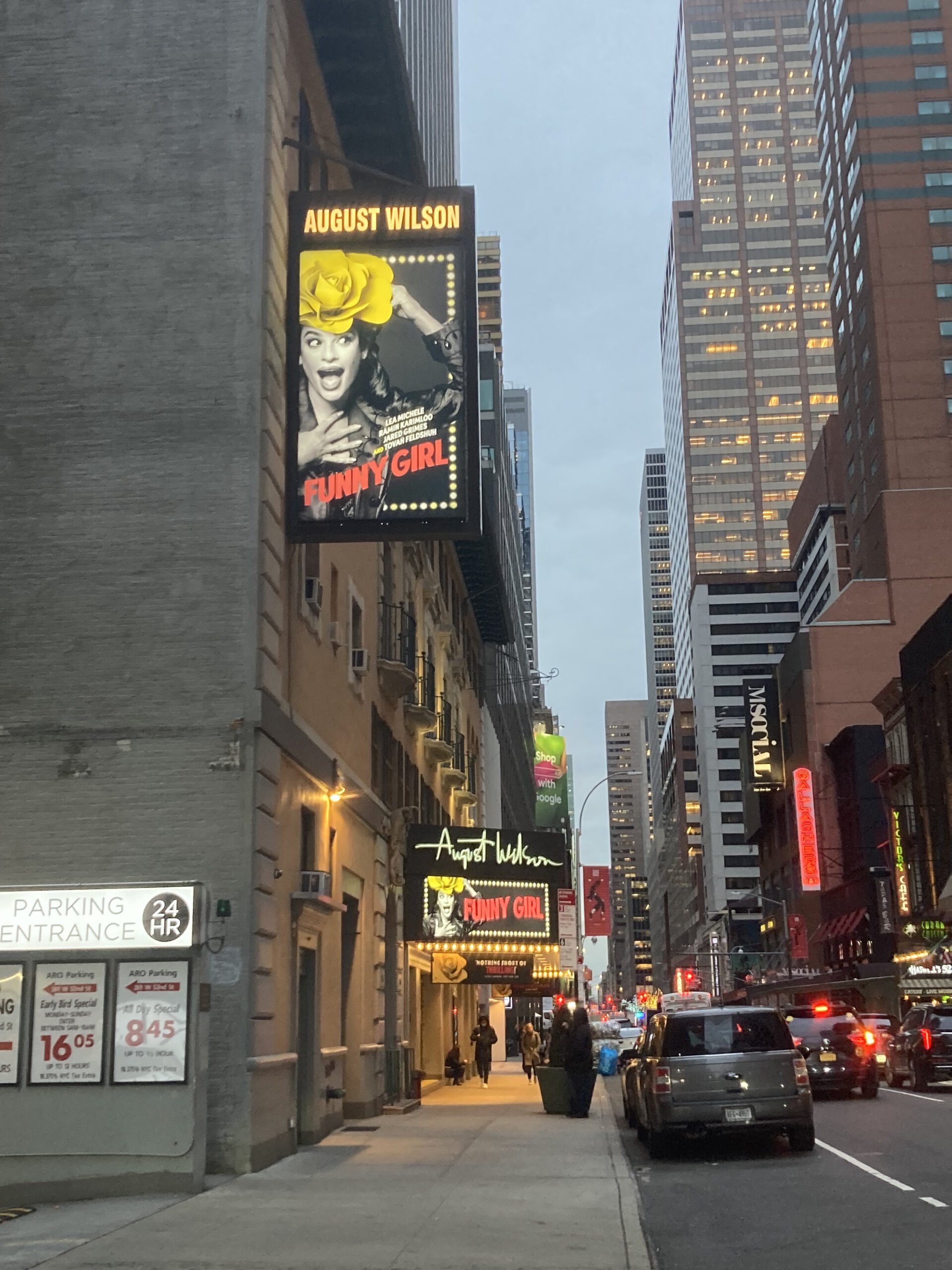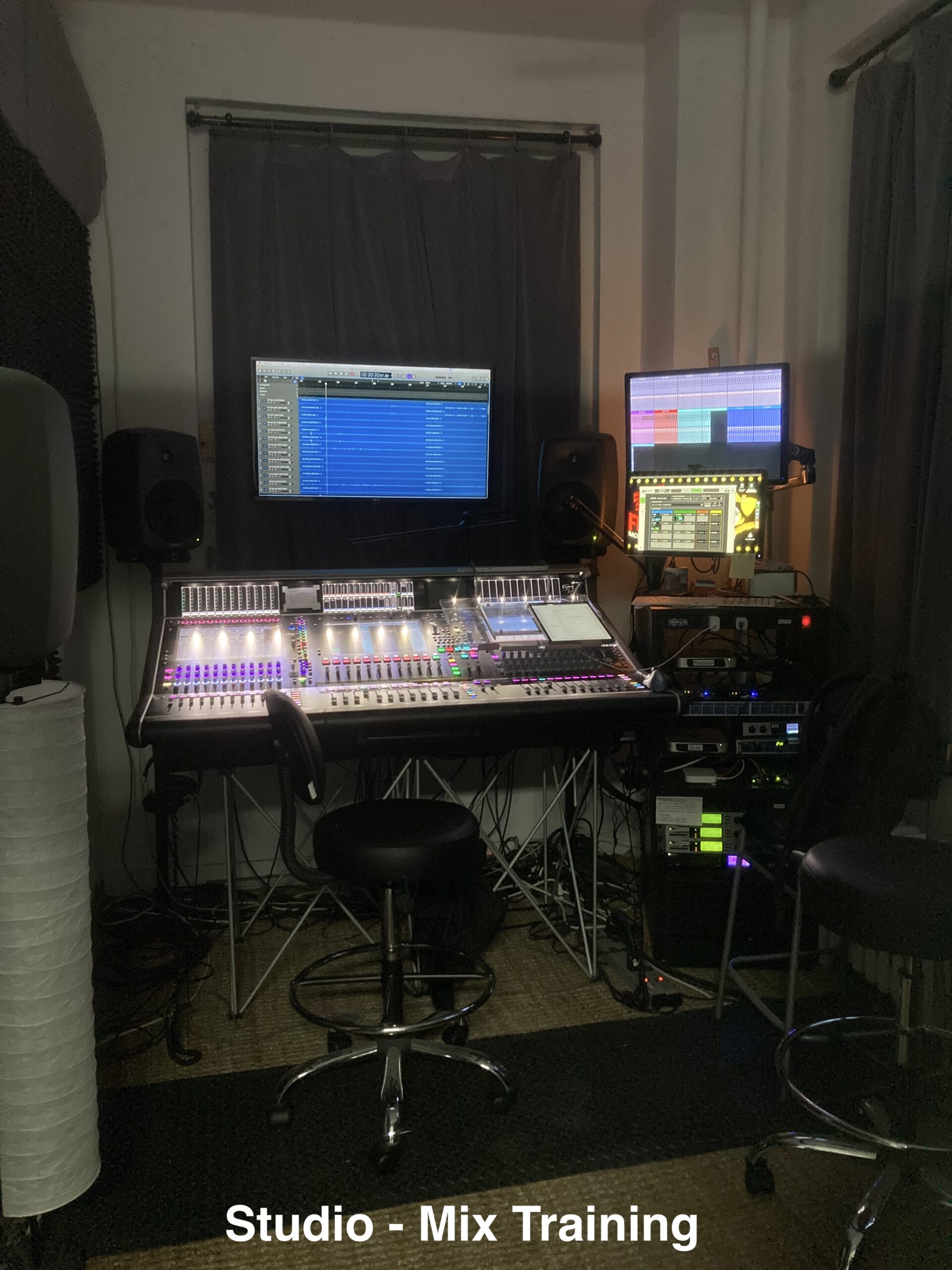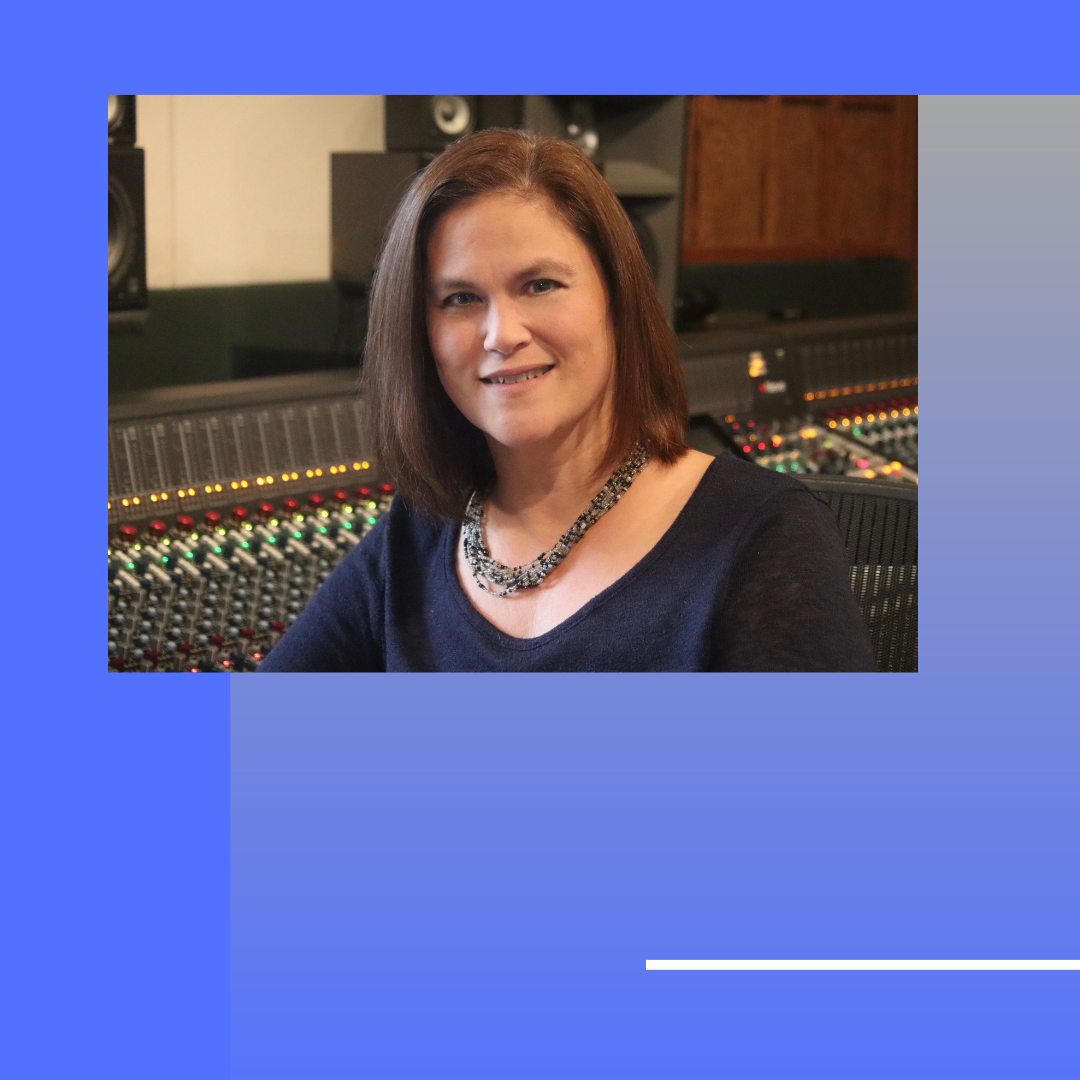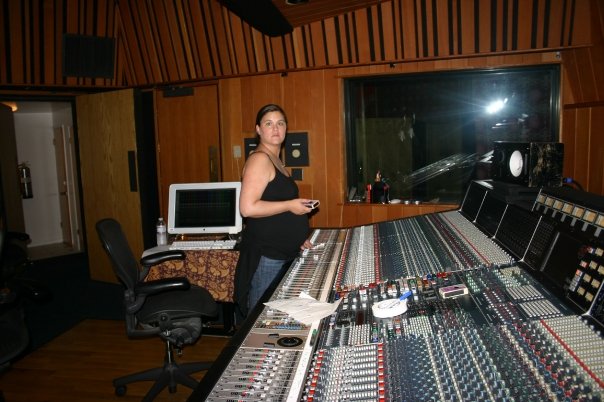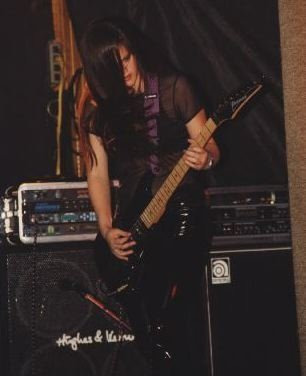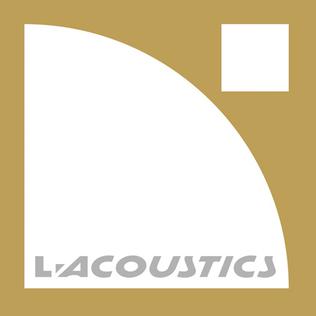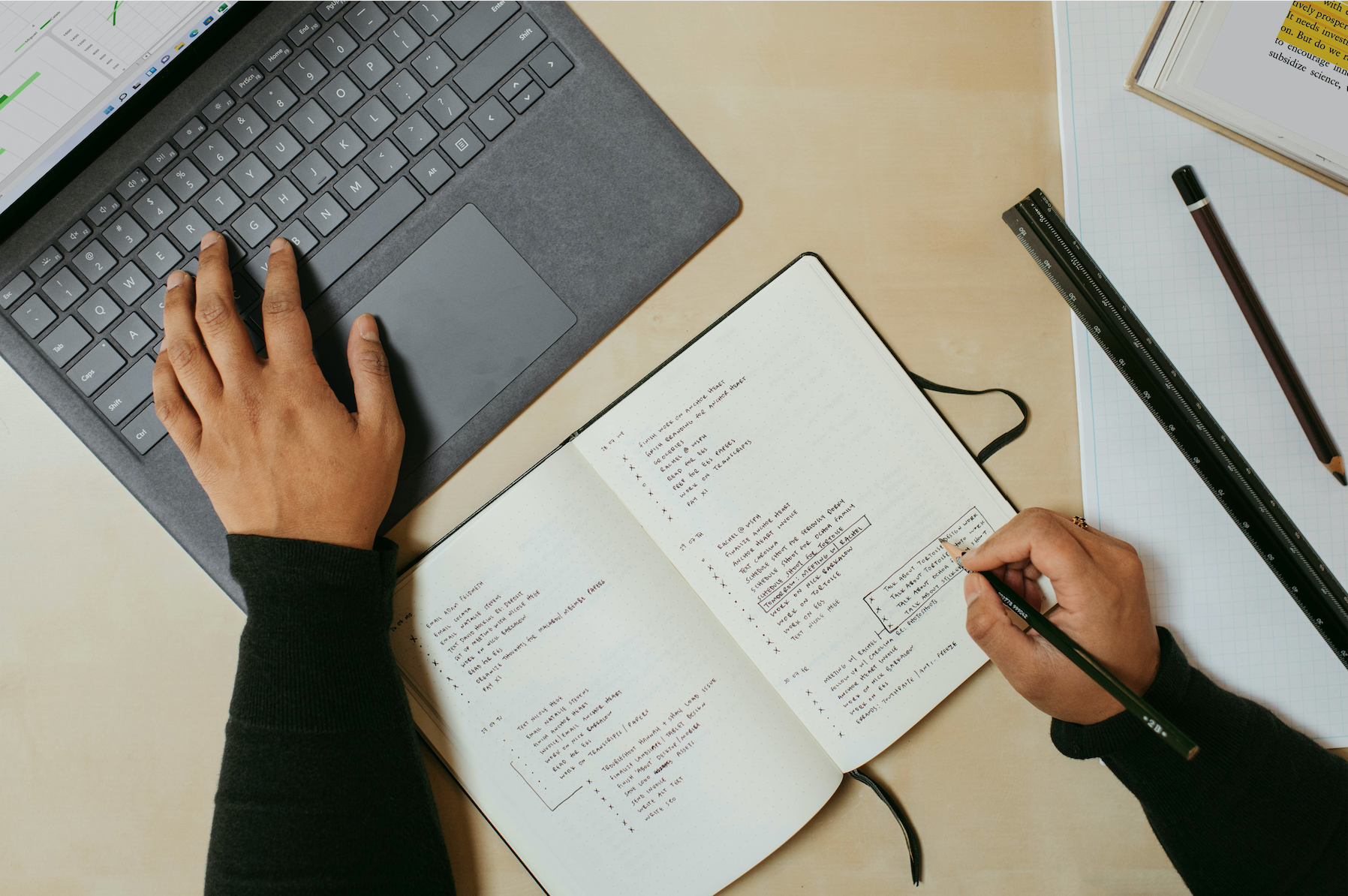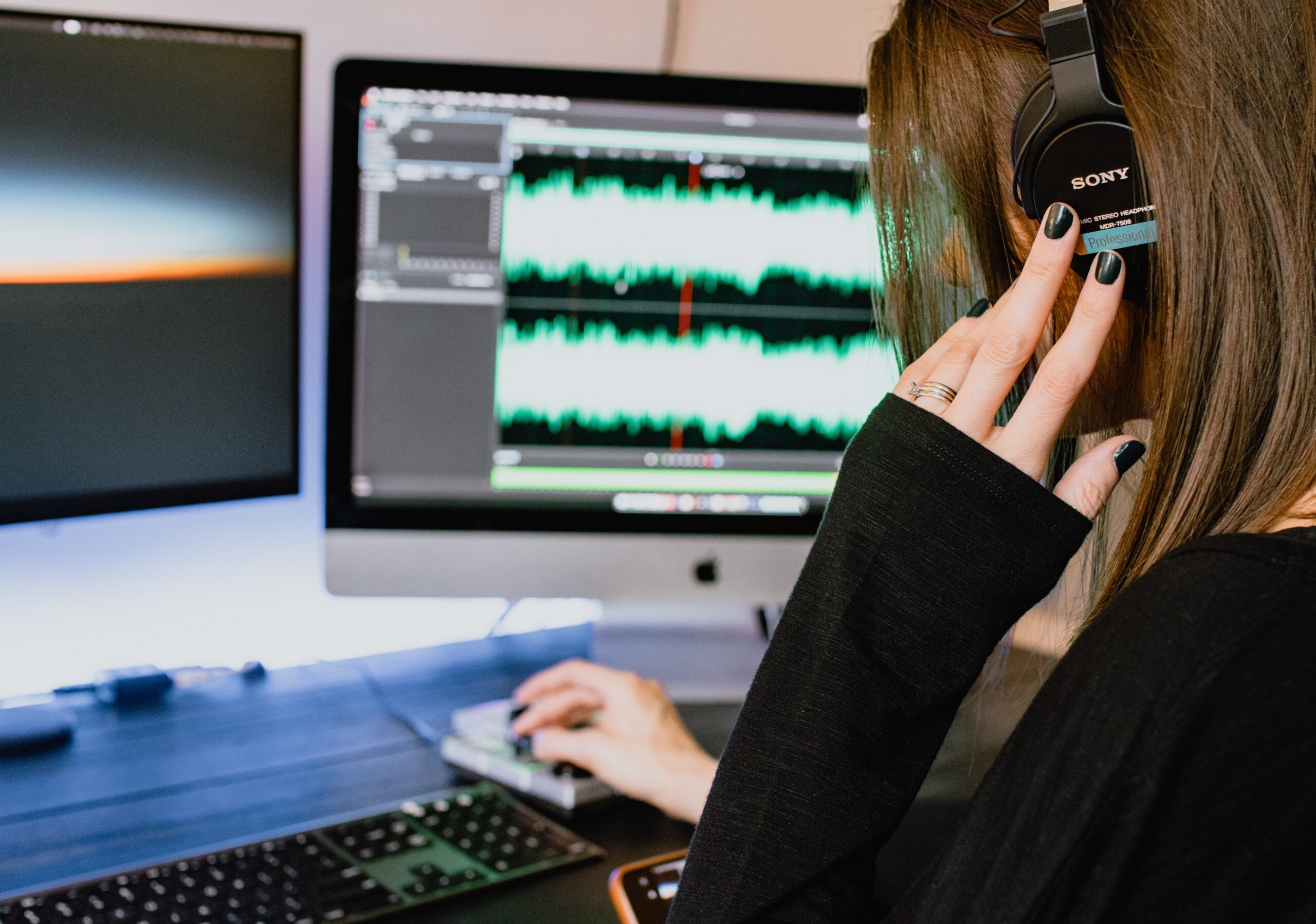
The Importance Of Celebrating Ourselves And Others
A regular feature of our modern world sees us finishing one gig or project and moving straight onto the next without pause – let alone celebration. Sometimes we can be so busy and forward-focused that it doesn’t even occur to us to take a beat and reflect on our accomplishments.
I was recently catching up with a girlfriend, and we were bringing each other up to speed with our life and work situations when it hit me just how easily we were downplaying our efforts, heavily focusing on the things we still wish to improve, and our future goals. While both of us embrace a healthy dose of British self-deprecating humour, this was a lot – my friend, a respected academic, was juggling two full-time roles while running a regular series of live events, maintaining a relationship and a household, and being a buddy to me. I was staggered that I was having to point out her victories, and she mine.
Reflecting On Positive Outcomes
As we noted this and the conversation progressed, my friend brought up the CARL framework of reflection. This model is very often used in recruitment settings and can be used to recall the positives, engage, and find meaning from our situations. CARL stands for:
- Context: Briefly describe the context of your experience
- Action: Explain what actions you took
- Results: Explain what happened as a result of your actions
- Learning: Identify what you have learned
While seemingly simple on the surface, it’s an effective tool for combing through life’s experiences with a more optimistic and deterministic head. As I spent the next few days re-evaluating, I felt perhaps it wasn’t enough to just reflect, but there’s also a need to celebrate what we’ve learnt and accomplished.
At this time, I heard a podcast featuring tennis legend Novak Djokovic, where he noted that when something bad happens, we cry for a month, but when something good happens, we celebrate maybe for one night, and then simply move on. Djokovic’s observation stuck with me and led me to observe the wild disparity between how much time and energy we assign to each reaction independently, and also in our connections with others. While it’s tough to feel that we can’t burden others and share our problems, perhaps it’s also problematic to feel unable to celebrate our successes and achievements with anyone.
Who You Surround Yourself With
Businessman and motivational speaker Jim Rohn coined the saying, “You’re the average of the five people you spend most of your time with.” While it has become a popular idea in self-improvement and personal development circles, science backs Rohn’s theory. The Framingham Heart Study examined the social network of over 12,000 participants in the town of Framingham, Massachusetts, over several decades. The findings of the Framingham Heart Study revealed that social connections have a significant impact on our well-being and lifestyle choices. It was discovered that not only physical behaviours such as smoking and obesity were linked but more interestingly, the results showed that happiness could be influenced by the people with whom we associate.
Similar thinkers have emphasised the importance of who we surround ourselves with since the inception of the self-help genre. One of the first authors in this field, Napoleon Hill, outlined three recommendations about this in Think and Grow Rich.
- Mastermind Group: One of the core ideas in Think and Grow Rich is the concept of a “Mastermind Group”. Hill suggests that assembling a group of like-minded individuals who are driven towards similar goals can lead to increased creativity, motivation, and problem-solving abilities. The collective knowledge and synergy of the group can propel each member towards success.
- Power of Association: Hill underscores the influence of association on an individual’s mindset and success. He encourages readers to associate with individuals who have achieved the level of success they desire, as this association can provide inspiration, guidance, and opportunities for growth.
- Influence of Optimism: Hill emphasises the importance of a positive mental attitude and optimism. Surrounding oneself with optimistic and positive-minded individuals can foster a similar outlook, leading to increased confidence and a belief in one’s ability to achieve success.
The ideas Hill outlines above aren’t to be confused with the “toxic positivity” philosophies of the modern age but are part of a model more attuned to engaging in relationships where parties can feel able to share stories, offer support, and brainstorm ideas safely. These aspects can make a big impact on both the inner and outer worlds when we place our awareness here.
JFK popularised the idiom “A rising tide lifts all boats”, which is often attributed to the general meaning that when one does well, everyone does well. Perhaps we need to make time to reflect on our learning from project outcomes more often, re-examine our circle of associates, and reach out to those we can celebrate our victories with, no matter how small. It’s been a very enjoyable addition to catching up with my friend, as we now appreciate the milestones of our efforts, reflect differently on gigs and contracts that have been completed, and consciously make time to celebrate before embarking on the next adventure.
